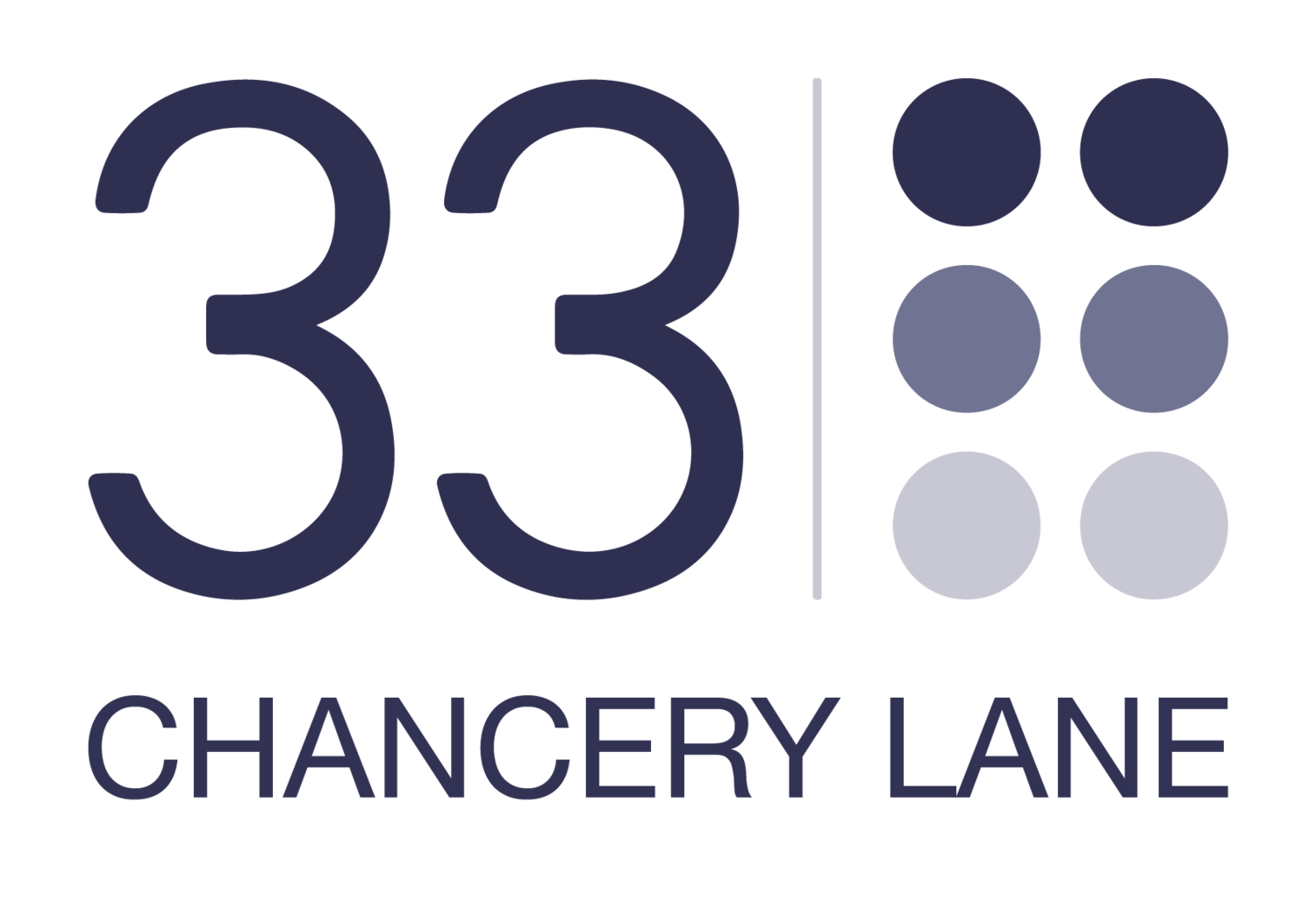Success for Martin Evans QC in Supreme Court Aquila case
In Crown Prosecution Service v Aquila Advisory Ltd [2021] UKSC 49 the Supreme Court unanimously decided against the CPS to hold that the company’s property rights were not trumped by confiscation orders made against its directors.
Martin Evans QC acted for Aquila in the Supreme Court (with Stuart Ritchie QC from Fountain Court Chambers).
P & F were directors of a company (VTL) who exploited their positions in order to cheat the revenue, making a secret profit of £4.55m. Confiscation orders were made against them. VTL was not prosecuted (although it was accepted in argument that P & F were its ‘directing mind and will’). In the meantime, the rights of VTL were assigned to Aquila by its liquidators; Aquila then sought to recover the secret profit from P & F on the ground that they had acted in breach of fiduciary duty and thus held what was left of the £4.55m on constructive trust for VTL. In the High Court, Mann J agreed. The CPS appealed, arguing that the directors’ actions should have been attributed to the company and thus it should have been barred from recovering the proceeds of crime under the principle of illegality (ex turpi causa).
The Supreme Court rejected the CPS’s argument, ruling that Aquila was entitled to assert its claim in priority to the confiscation orders. It considered the interrelationship of three Supreme Court decisions – Jetivia SA (& another) v Bilta [2015] UKSC 23, Patel v Mirza [2016] UKSC 42 and FHR European Ventures LLP v Cedar Capital Partners LLC [2014] UKSC 45 (“FHR”) and the consistency of those decisions in this context with the regime in Parts 2, 5 and 7 of POCA. The overall scheme of POCA 2002 did not interfere with third-party property rights (except tainted gifts) so the enforcement receiver had no better claim to the unauthorised profits than P & F. Whilst specific POCA provisions do allow the State to override property rights, those provisions were not engaged in this case.
A copy of the judgment can be accessed here. https://www.supremecourt.uk/cases/docs/uksc-2019-0105-judgment.pdf
